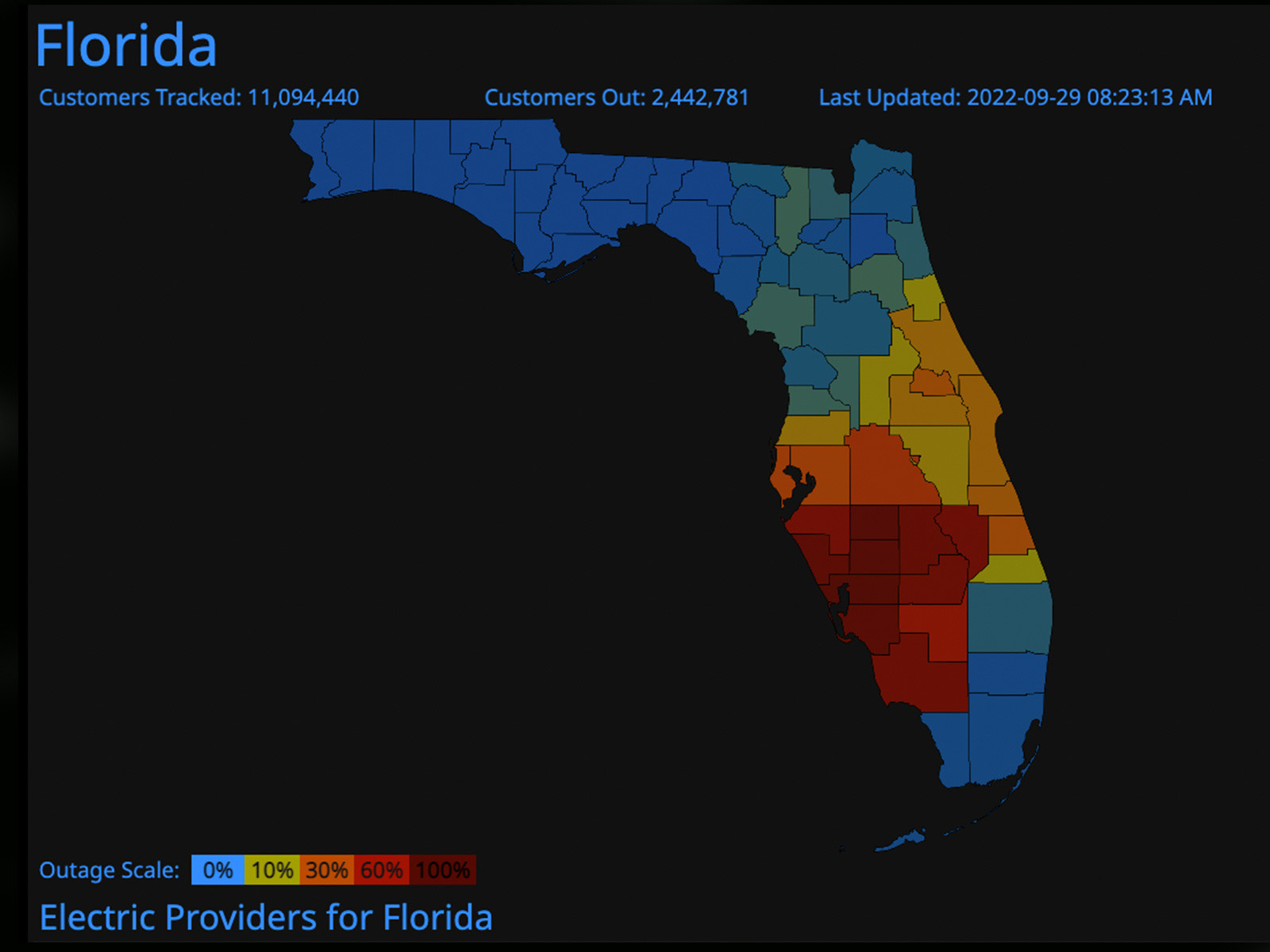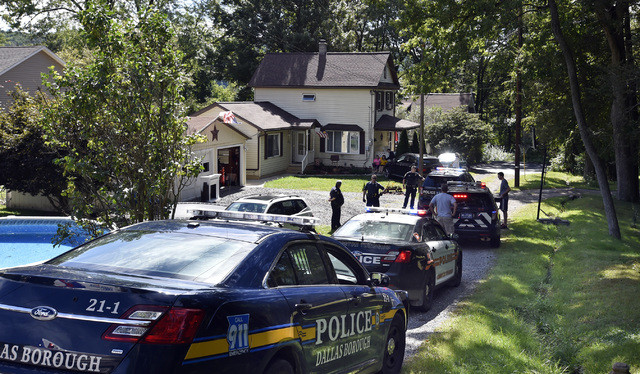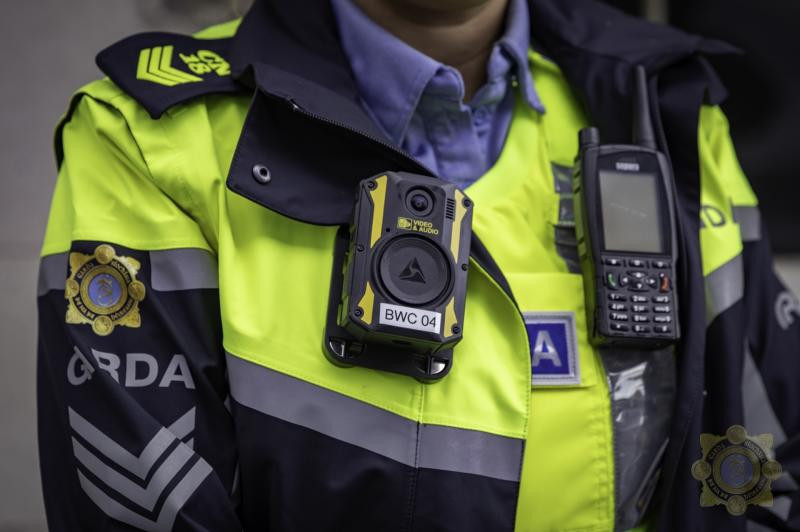Tens of thousands of Florida residents found themselves without power Wednesday evening as severe weather swept through South Florida ahead of Hurricane Milton's arrival. The storm's destructive path left a trail of devastation, with millions across the state facing power outages.
The impact of Hurricane Milton was felt across the region, with South Florida bearing the brunt of the storm's fury. In Indian River County, over 16,000 customers remained without electricity at 1 a.m., according to the Florida Power & Light outage map. St. Lucie County was not far behind, with just under 20,000 customers still in the dark at the same time. Palm Beach County experienced similar challenges, reporting approximately 19,200 customers without power. Martin County had around 6,000 outages, while Okeechobee County reported about 3,000.
Real-Time Updates and Information
Both LCEC and FPL provide interactive outage maps that are updated in real-time. These maps are invaluable resources for tracking the extent and progress of power restoration efforts. These dynamic tools allow users to zoom in on specific areas, identify affected neighborhoods, and gain insights into the estimated restoration times.
Navigating the Aftermath
After a storm, accessing these maps can be a lifeline for affected residents. Here are some tips for using the outage maps effectively:
- Stay informed: Regularly check the outage maps for updates on power restoration progress in your area.
- Report outages: If you experience a power outage, report it to your local power company immediately. This helps them prioritize restoration efforts.
- Plan for power outages: Prepare for potential outages by having a backup power source, such as a generator, and storing essential supplies like flashlights, batteries, and non-perishable food.
Community Support and Safety
In addition to providing outage information, both LCEC and FPL emphasize the importance of community safety during and after a storm. They urge residents to stay away from downed power lines and report them immediately. Residents should also use generators safely, following manufacturer instructions to avoid carbon monoxide poisoning and other hazards.
Staying Safe During Outages
During extended power outages, it is crucial to take precautions to ensure safety. These include:
- Staying hydrated: Drink plenty of water to prevent dehydration, especially during hot weather conditions.
- Food storage: If your refrigerator loses power, it is important to discard any perishable foods after a few hours to prevent foodborne illness.
- Maintaining contact: Keep your mobile devices charged and have alternative communication methods in place, such as a car charger or a battery-powered radio.
Getting Help and Support
For those who need assistance during a power outage, both LCEC and FPL offer dedicated support services. They have customer service representatives available to answer questions and provide information on power restoration efforts.
Looking Ahead
The aftermath of Hurricane Milton will require a significant effort to restore power to all affected areas. Power companies are working around the clock to assess damage, mobilize crews, and restore power as quickly and safely as possible. The experience highlights the importance of preparedness, both for individuals and communities, in the face of natural disasters.
Resilience in the Face of Adversity
The widespread power outages caused by Hurricane Milton underscore the vulnerability of critical infrastructure to natural disasters. It also highlights the importance of community support and resilience in the face of adversity. By working together, sharing information, and supporting each other, communities can navigate the challenges of such events and emerge stronger.
For more information and to access the outage maps, visit the LCEC Outage Map and FPL Outage Map. For further inquiries, contact LCEC at (800) 599-2356 or FPL at (800) 468-8243.

















